History Says That Female Leaders Are More Likely To Wage War Than Men
War is a man’s game, right? Destruction, competition, extreme brutality — all these elements supposedly appeal to a man’s inner psyche, as masculine men are assumed to be innately violent and unable to empathize with others. Women, by contrast, are thought to be more caring, clear-headed, and drawn to pacifism.
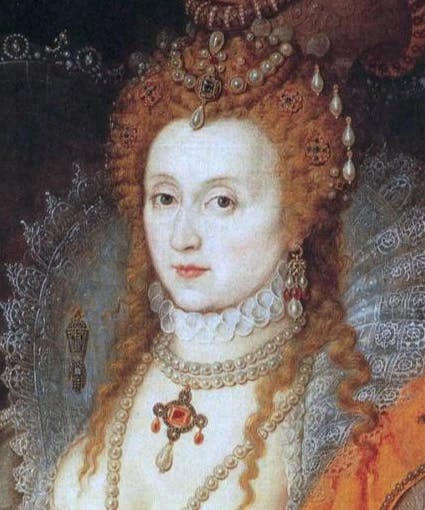
We’ve all heard the claim that if women ruled the world, there would be no wars. “If more women were put in charge, there would be less war, kids would be better taken care of, and there would be a general improvement in living standards and outcomes,” former President Barack Obama once said at an event in Singapore. He described women as “indisputably better” and blamed men, particularly old men, for not “getting out of the way.” Obama has also previously stressed the importance of “putting women in power, because men seem to be having some problems these days.”
This idea, that if women ruled the world it would be a much more prosperous and peaceful place, is a popular one:
But is it actually true? Are men really the violent and fascist war-mongers they’re described to be, while women are just passive victims in an oppressive male-dominated world? Or, could it be the case that female leaders have just as much capacity for evil?
The Matriarchal “Utopia”
Third-wave feminists typically believe that men and women are naturally equal: not biologically different but socially programmed. And yet, they also make the hypocritical claim that if the world were run by women, things would look very different.
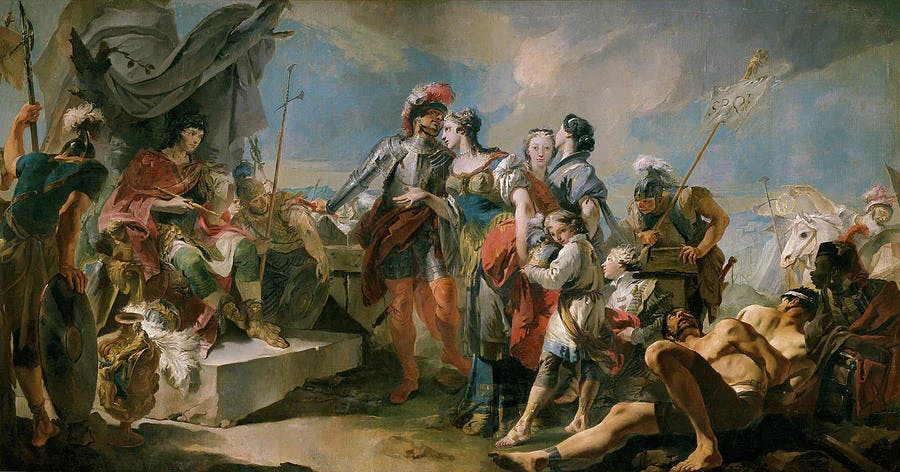
The Triumph of Aurelian or Queen Zenobia in front of Aurelian, Giovanni Battista Tiepolo. Public domain, via Wikimedia Commons.
Radical feminists often imply that the evils of world history — colonialism, slavery, warfare, and brutal empires — all boil down to men’s obsession with power and dominance. They suggest that society would fare better under a matriarchy: a system where women dominate public institutions and rule politically, occupying the highest roles in society. Feminist author Phyllis Chesler, for example, has written that women must “dominate public and social institutions,” that they’re better at controlling the means of production, and that equality with men shouldn’t be supported.
Radical feminists often imply that the evils of world history all boil down to men’s obsession with power.
Run by women, a utopian matriarchy is usually imagined to be more egalitarian, honoring consensus decision-making and the principles of care, love, and generosity that are associated with motherhood. Under a female-led system, it’s thought that the climate would be better cared for, minorities would live under greater protection, and of course — there would be no war. Societal pathogens like racism and sexism would cease to exist, as symptoms, not of human nature, but of a man-made tyrannical patriarchy.
Women, the War-Mongers
But, studies suggest that this matriarchal utopia is a myth. Not only do radical feminists conveniently overlook a vast history of female slave-owners and female architects of empire like Queen Elizabeth I, but they also turn a blind eye to the role of women in instigating warfare. Contrary to the feminist notion that war-mongering is a product of the patriarchy, it turns out that more female rulers have waged war throughout history than male rulers.
Researchers from the University of Chicago studied European rulers between 1480 and 1913, and found that European queens were 27% more likely to wage war than kings, with married queens the most likely to go to battle.
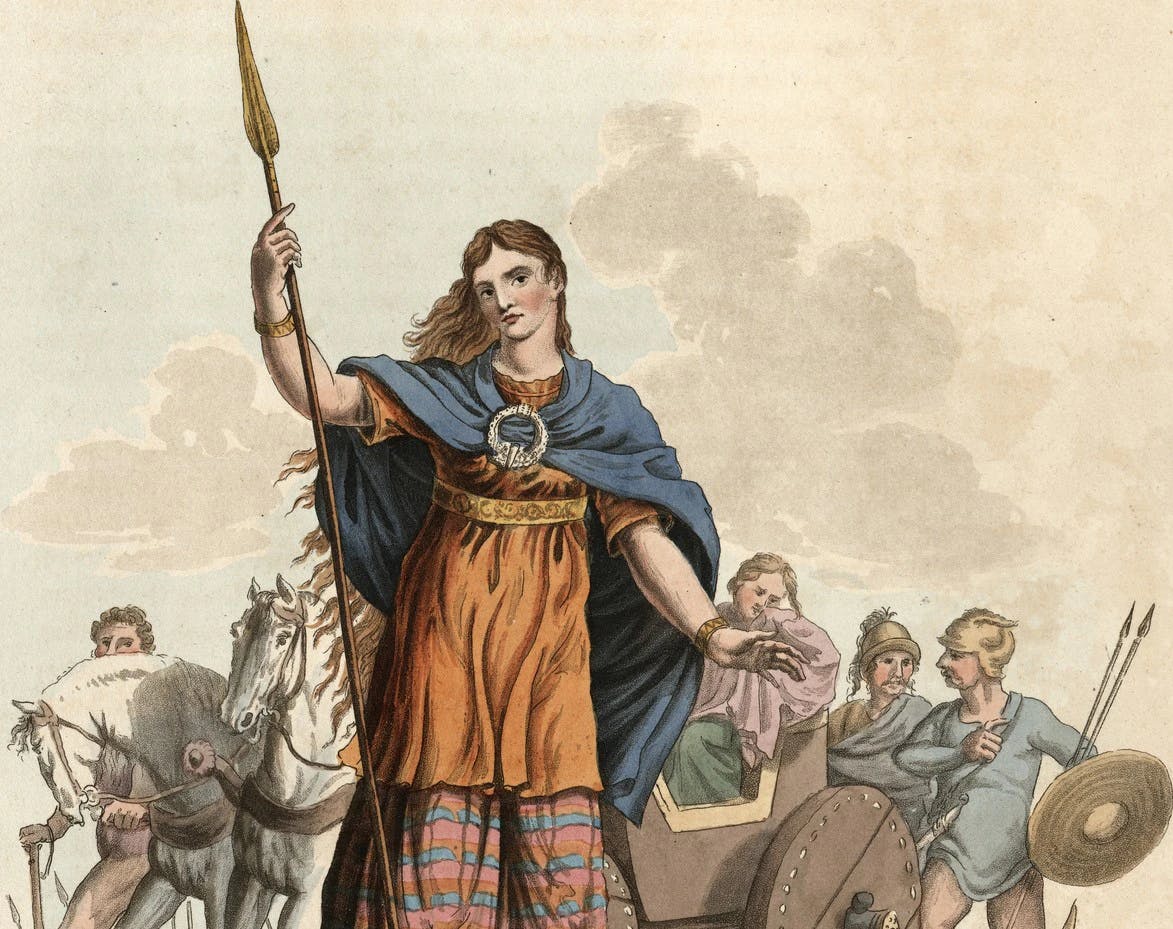
Boudica, Queen of the Iceni, from “The Costume of the Original Inhabitants of the British Isles” (1815). Public domain, via Wikimedia Commons.
War-mongering female leaders can be found throughout history and across the globe, from Boudicca to Catherine II of Russia to Ranavalona I, the “Mad Queen of Madagascar.” Boudicca, the Celtic queen of the Iceni tribe, led a revolt against Rome in 60/61 AD that left 80,000 Roman citizens of Britain dead. Queen Ranavalona I, who ruled from 1828 to 1861, engaged in such regular warfare that around 75% of her country’s population were killed, reducing from 5 million people in 1833 to 2.5 million in 1839.
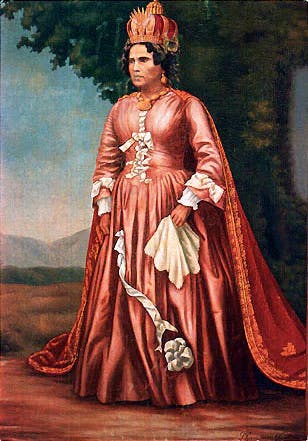
Ranavalona I, Queen of Madagascar, by Philippe-Auguste Ramanankirahina (1860-1915), Public domain, via Wikimedia Commons.
Female political leaders haven’t shied away from warfare, either. What about former British prime minister Margaret Thatcher who took Britain to war with Argentina in 1982? “Defeat? I do not recognize the meaning of the word,” she declared at the start of the conflict, which eventually resulted in the capture of around 11,400 Argentine prisoners and the death of some 650 Argentinians and 255 Brits.
“We can forgive the Arabs for killing our children. We cannot forgive them for forcing us to kill their children,” claimed Golda Meir, the first female prime minister of Israel. “We will only have peace with the Arabs when they love their children more than they hate us.” Under Meir’s rule, Israel became involved in the Yom Kippur War against a coalition of Arab states, a conflict in which around 2,800 Israelis were killed.
The Psychology of Female Aggression
So, how does this history of war-mongering women make any sense, when men are more naturally inclined toward physical aggression?
Well, one way to look at it is by considering the evolutionary psychology of female behavior. Although men are more likely to be directly combative, that doesn’t mean that women don’t possess a tendency toward aggression — they simply favor more indirect forms. For example, women typically use strategic and manipulative means to ensure defeat over their opponents, such as verbal and relational aggression, rather than engaging in direct violence. By contrast, men are naturally driven to physically compete with one another in order to attract women and to fight for resources.
Women typically use strategic and manipulative means to ensure defeat over their opponents.
As women are less likely to engage in physical risk-taking behavior, perhaps this explains why they’re more likely to wage war. This way, female rulers can express their competitiveness and aggression without engaging in physical risk, while men act as pawns in their game of war. For example, while she was commander of the French army, Joan of Arc didn’t actually participate in combat. Instead, she accompanied men as a kind of mascot, focusing her aggression on outlining military strategies and directing troops.
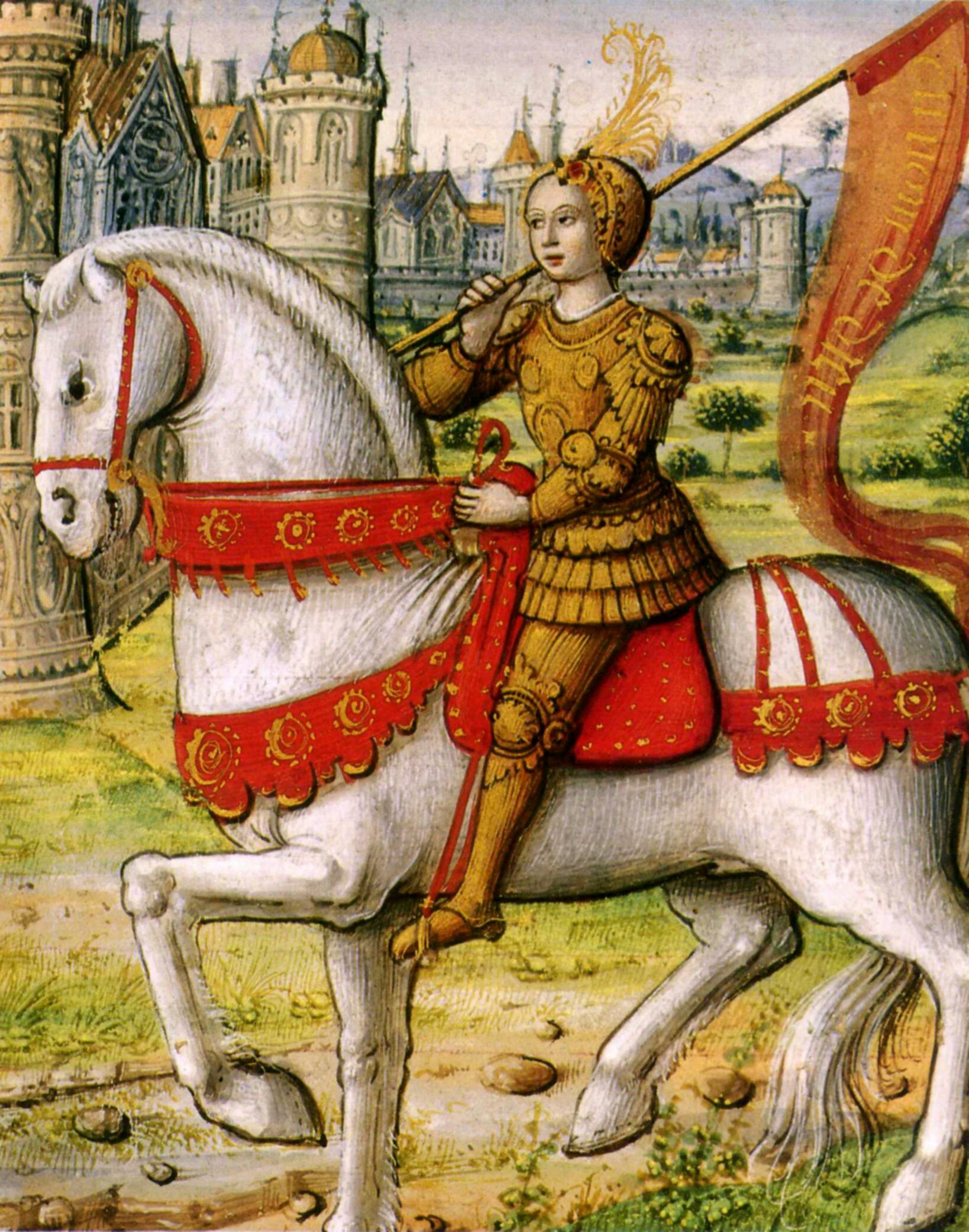
Joan of Arc. Public domain, via Wikimedia Commons.
It turns out that the evils of world history, from slavery to warfare, are not the product of men’s obsession with power and dominance. They’re simply a symptom of the human capacity for corruption.
The feminist notion that women are entirely peaceful and harmless, oppressed by the tyranny of evil men, is not only reductionist but completely contradictory to their premise that both genders are biologically equal. The reality is, no gender has a monopoly over evil. History has shown us time and time again that women can be just as competitive, war-mongering, and corrupted by power as men. Rather than being a collectively moral group, females simply engage in different kinds of aggression.
Ultimately, it’s important to remember that the world consists of individuals. And every single individual has the capacity for villainy. Only once we stop gendering evil, and we recognize that good and bad exist in all of us, can we work toward a truly more peaceful society.